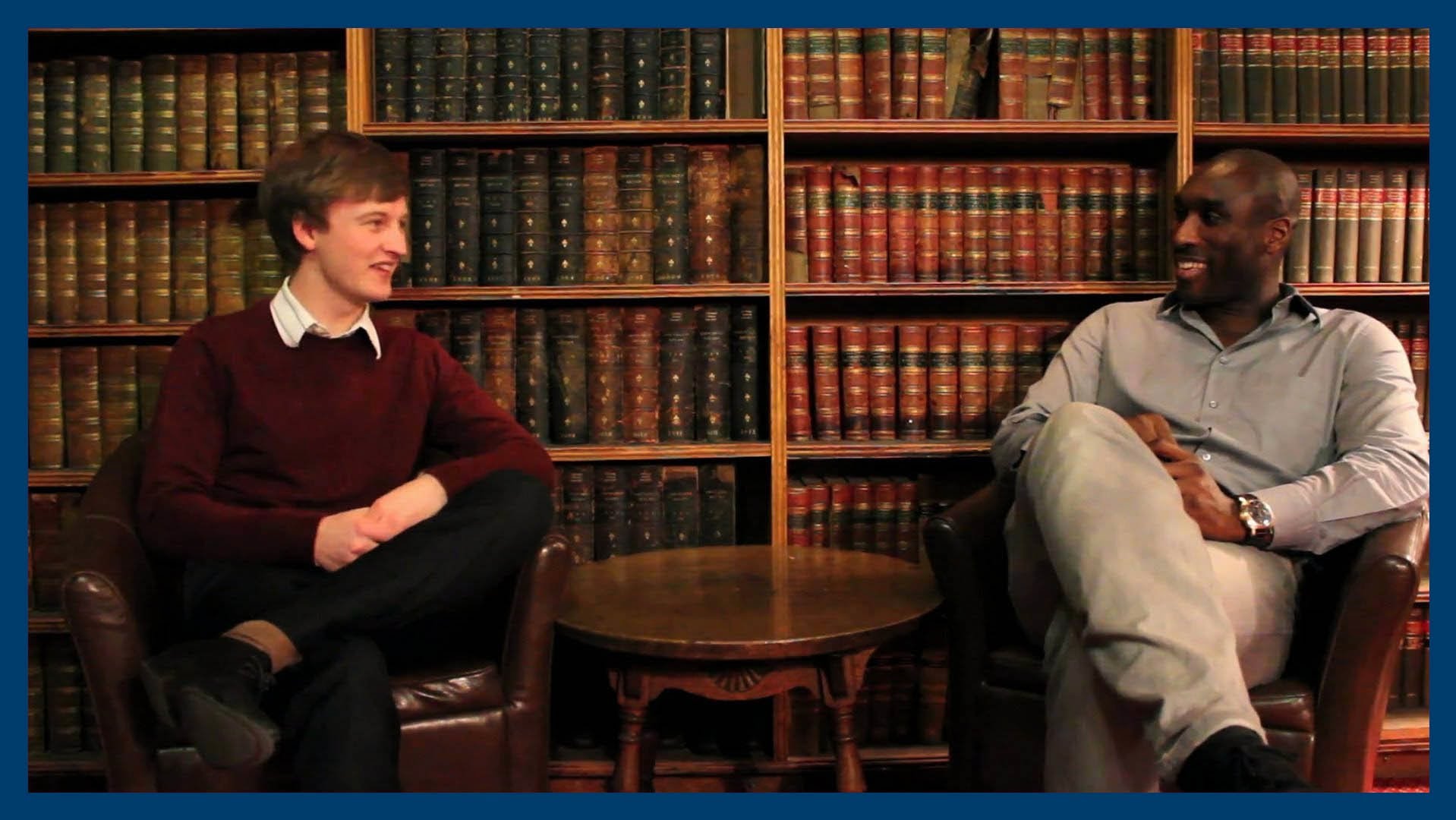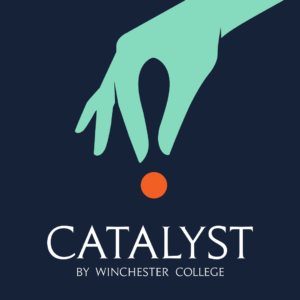Writing can be a difficult and demanding mistress. Many authors dread the advent of the seemingly impenetrable writer’s block, because every so often the wellspring of creative ideas shuts off in the author’s mind and as they stare at the blank document in front of them, creativity can seem to disappear down the proverbial rabbit hole. However, creativity can be conjured in a variety of ways, and I’m here to tell you how:
Be messy

Don’t be afraid to be messy. Sometimes, when we approach writing, trying too hard to craft the perfect sentence can actually mean that our inspiration dries up. Putting pen to paper (or fingers to keyboard) and simply letting your thoughts spill out can aid you in your quest to create by simply getting you going. Free writing, as it is often called, can help writers struggling with self-expression by encouraging them to write about anything that comes to mind in order to get the juices flowing. Try this: get a pad of paper and a pen, and write non-stop for 10 to 15 minutes, about anything at all – the way you’re feeling, how your day is going, what’s outside the window etc. Be messy – editing can come later!
Use a stimulus
My creative writing professor often asked us to write a story based on a picture that he would give us. Art and other forms of media can often be the flint to our creative tinder, for on inspecting a painting or sculpture closely, there is almost always a story to be found – and told! Try this: go to an art gallery with a notebook and pen. Choose a painting or sculpture, and look closely. Note the use of light and shadow, colour, texture and tone, and why the artist has chosen to use them in this way. If there is a person or two in the painting, try to imagine what their lives might have been like, and how they might be thinking or feeling in the situation in which the artist has placed them. It’s a real creativity booster!
Play with your sentences
Playing with sentences is one of the more enjoyable parts of writing and editing, in my opinion. Think of yourself as being like a paint-and-brush artist, experimenting with your painting to find out what works. “John stopped, looking at the old house,” doesn’t tell you much. John is just looking at a house. But “John stopped at the edge of the field, gazing across the barbed-wire fence at the crumbling mansion and his chest heaved with exertion and the pain of looking at the old place once again” tells you much more. John is in a field, it’s either the 20th or 21st century due to the use of barbed wire, the house is a mansion, but it’s crumbling, so the owners were once rich, John himself is either old, ill or both as he’s struggling to breathe after walking, and he has some kind of history with the mansion, or more probably the people who lived there. Does that make for a much richer sentence? Try it yourself: write a very simple sentence, and see how much you can embellish it to tell a mini-story in one line!
Those are some of my favourite techniques for overcoming writer’s block – let me know in the comments if you have any ideas!
To find out more about Ampla Education’s enrichment courses, contact us at info@ampla-edu.com
______________________________________________________________
________________________________________________________________________
Sarah Rowlands studied English Literature at Cardiff University, and upon graduating in 2013 worked in China as an English language teacher. Since then she has worked with children and teenagers in partnership with churches and charities in North London, and currently works for Presentify Ltd, a Cardiff- based consultancy firm offering presentation storytelling to its international clientele. She enjoys writing novels and short stories, working out, and escaping to Wales’ beautiful countryside on the weekends.
________________________________________________________________________
______________________________________________________________
© Ampla Education – Unauthorised use of this material without permission is strictly prohibited. Excerpts and links may be used, provided that full credit is given to Ampla Education.



















